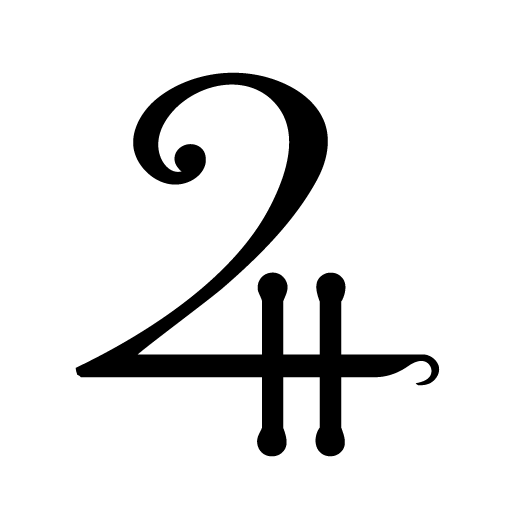The Power of the Possible
Invention is wonderful. Also amazing, in its own way, is what might be called re-invention. It's the development of something you didn't have before, inspired by the knowledge that such a thing is possible. It's a notion that is especially important for fantasy and sci-fi authors to understand, since their stories often involve the clashing of cultures with radically different levels of sophistication.
In a recent episode of the excellent podcast called Lexicon Valley, they tell the story of Sequoyah, the Cherokee silversmith who performed one of the great feats in the history of linguistics: the creation of a new written language for his own illiterate people. The story is amazing. Listen to it.
Sequoyah couldn't read, and he spoke only Cherokee. But his culture, in the late 1700s and early 1800s, had contact with the white settlers who were spreading through Georgia, Alabama, and Tennesse. Many goods traded on the frontier. One day, so the story goes, Sequoyah overheard some of his fellow Cherokee speaking enthusiastically about the "talking leaves" that the white men used—the papers with writing on them that the settlers could make sense of, but the Cherokee could not. Supposedly, Sequoyah told these young men that the papers were not some sort of powerful magic, as they thought. He had considered it himself and concluded that the little inky squiggles on the papers were just symbols that stood for sounds, in the same way that a Cherokee might draw a picture of a horse as a symbol for the animal. He decided to create the same kind of system for his own language.
What Sequoyah was doing was exercising the power of the possible. He had seen something radically new, unknown to his people, and had worked out—through reason and imagination—the way this new thing functioned. He saw how he might accomplish the same feat. There's a huge advantage in knowing that it's possible to get a thing done, before spending time attempting it. After a lot of hard work, testing, and reconfiguring, Sequoyah created a set of symbols that transformed his society and still endure to this day.
Imagine a sci-fi scenario where a starship visits a primitive planet where the natives have only medieval technology at their disposal. This happened many times on Star Trek, of course. How do those natives view the communicators and phasers of the visiting crew? To paraphrase Arthur C. Clark: it's magic, baby. But would every one of them be awed and cowed? I don't think so. I think there would be a few Sequoyahs among them.
There's even a Star Trek episode where one of the crew (was it McCoy?) leaves his communicator behind, accidentally, and they speculate about how quickly the natives will be able to take it apart and reverse-engineer their advanced technology. A great barrier of the unknown hangs in front of the scientists and technologists of any era, on any world. Millions of possible paths of investigation and experimentation stretch out into the future, with few clues as to which of those paths lead to something valuable. What I'm pointing out (and others have pointed it out before) is that, although having a communicator in hand is certainly helpful, the mere fact of knowing that phasers, space travel, and sub-space communication are possible is enough to spur swift and radical invention.
There are teams of people in our world working on building a practical fusion reactor. How valuable would it be for them to have a glimpse of the power plant in an alien spacecraft? There's a lot of speculation about space travel, with recent articles in science magazines suggesting that something like warp drive might one day be possible. Imagine how much money and effort would be funnelled into warp drive projects if we knew—if we had seen, or detected—an alien ship that could move like that. Imagine we had a video of it: every pixel in that movie would be another priceless hint as to how it worked, and what we'd need to do to replicate it.
This applies to fantasy settings just as easily. If you're living in a muddy little village and cowering every time the dragon in the nearby cave gets hungry, how do you fight back? If there are no knights, no wizards, no magic rings...then you're stuck. You're lost in your own ignorance and forced to desperately try one of a million possible strategies. Perhaps the dragon can be appeased by interpretive dance. Perhaps the flesh of a virgin will sate the beast for a time.
But the moment you see some old, wandering dude shoot lightning from his fingertips, you know that the game is going to change. It hasn't changed yet—you've still got to work out how he did it, discover what kind of magic system you're dealing with, learn what sacrifices will be required of you before you gain the forbidden gnosis—but the writing is on the wall. The dragon's days are numbered.
